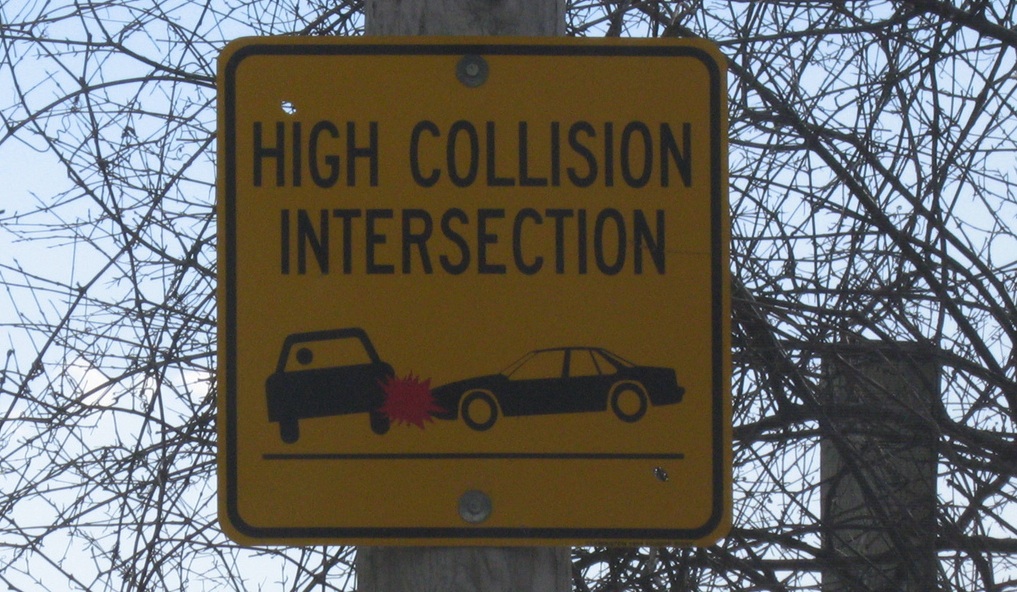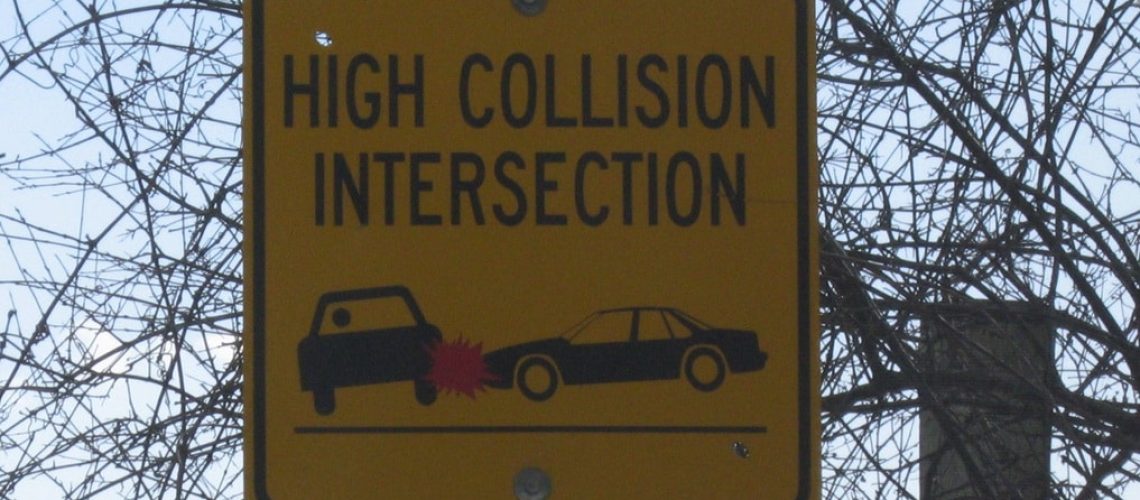
Here are a few suggestions to avoid a motor vehicle accident claim:
Drive Defensively
This requires a shift in mindset. Don’t think only in terms of what other drivers are likely to do, or what would be reasonable for them to do. Instead, think in terms of what is possible for them to do.
The fact is drivers do unlikely, unreasonable things all the time (no one knows this better than personal injury lawyers!). People drive directly into the path of other cars that are travelling at normal speeds in perfect driving conditions. They make left turns even when there’s an oncoming car entering the intersection. They do all kinds of things that don’t make any sense at the time. Keeping all possibilities in mind will help you avoid collisions.
Pay Attention
Many accidents are due to driver inattention. Studies show that the use of electronic devices such as smart phones is a growing problem. Even hands-free devices can distract drivers and increase the chance of collisions, according to recent research.
Keep Your Distance
Many collisions are caused by drivers following too closely. If you rear-end another vehicle, it’s virtually guaranteed that you’ll be found at fault. So keep your distance and don’t move forward unless you’re looking forward. Just because the car in front of you has started to move forward doesn’t mean they’ll continue to. Drivers assuming otherwise are a big reason that collisions are common at yield signs and in merge lanes.
Check Your Vehicle
Your best efforts to drive safely can’t compensate for faulty equipment. So make sure your car’s safety features are working properly. Periodically check the turn signals and brake lights. Ensure that mirrors are properly positioned. In the winter, clear the windows of all ice and snow and give the windows time to defog. All-season tires (or preferably winter tires) are essential when ice or snow is a possibility.
Don’t Admit Blame
If, despite doing all of the above, you do find yourself in a collision, don’t admit blame — unless you like paying higher insurance premiums. It’s easy to paint yourself into a corner by admitting fault. It might turn out that you weren’t fully aware of the circumstances leading up to the collision. It’s best to avoid any discussions of blame. You can express concern for the other driver’s condition, or the condition of their vehicle. But leave the fault finding to the police and insurance adjusters.
